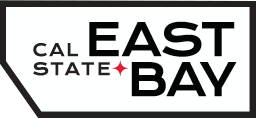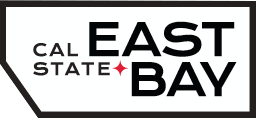The new Critical Information Studies Minor starts this Fall 2023, and we are offering several courses that fulfill the Minor requirements and some GE requirements.
Does your Major require you to:
- Write research papers?
- Read and understand scholarly literature on a topic?
- Find, select, read, and use scholarly articles and other information to support an argument?
- Engage ethically with information by citing your sources and avoiding plagiarism?
Consider a Minor in Critical Information Studies!
The Critical Information Studies Minor is designed for students in any major who want to become critical thinkers, scholars, and practitioners by applying information literacy across disciplines and fields of study. The core courses and electives investigate the racialized sociopolitical power dynamics of information creation, access, and use in all its forms and contexts, but especially in scholarly communication. They will explore topics such as research for the sciences, sustainability, Wikipedia, racial capitalism, and information literacy through multimedia production such as podcasts and zines.
Register now for these courses to get started!
Spring 2024
INFO 310: Sustainability and Information Literacy. (3 units, GE-UD-D, Sustainability Overlay) This course critically examines cultural and sociopolitical power dynamics in the debate around sustainability and climate change, focusing on the environment, social equity, and the economy, and develops strategies for evaluating information and producing sound arguments within the context of conflict.
INFO 390: Scholarly Communication & Knowledge Creation. This course is an overview of library research methods emphasizing: history and context of scholarly communication; effectively reading, evaluating, and synthesizing scholarly publications; appropriately selecting and using data collected using different methods; limitations, strengths, and aims of methods; identifying methods used in scholarly communication.
Questions? Email Gr Keer at gr.keer@csueastbay.edu




